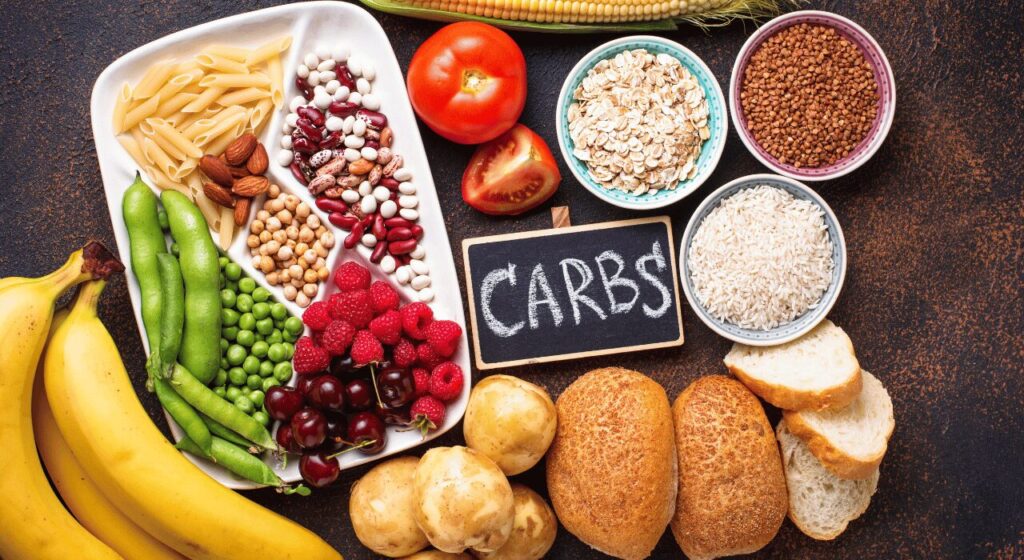In today’s information-driven world, it’s easy to fall prey to health myths and misconceptions. From old wives’ tales to misleading claims, these myths often circulate and become widely accepted as truth. However, it’s essential to separate fact from fiction to make informed decisions about our health.
Read on as our doctors debunk some of the most common health myths, allowing you to take control of your health and well-being armed with accurate knowledge.
Myth 1: “Eating after 8 PM will make you gain weight.”
Truth: The timing of your meals does not directly contribute to weight gain. What truly matters is the total number of calories consumed throughout the day. Eating a well-balanced diet and maintaining portion control are key factors in managing weight, regardless of the time you eat.
Myth 2: “Cracking your knuckles causes arthritis.”
Truth: Contrary to popular belief, cracking your knuckles does not lead to arthritis. The sound you hear is due to the release of gas bubbles in the joint fluid, and it does not cause any long-term damage. However, excessive knuckle cracking may lead to reduced grip strength or swelling in some cases.
Health Myth 3: “Carbohydrates are bad for you & should be avoided.”
Truth: Carbohydrates are an essential macronutrient that provides energy to the body. The key lies in choosing the right types of carbohydrates. Opt for whole grains, fruits, vegetables, and legumes, which are rich in fibre, vitamins, and minerals. Avoid excessive consumption of refined carbohydrates like sugary snacks and white bread.

Myth 4: “You can ‘boost’ your immune system with supplements.”
Truth: While a balanced diet and a healthy lifestyle can support a strong immune system, there is no magic pill to instantly boost it. Supplements may be necessary for specific deficiencies, but a well-rounded diet consisting of fruits, vegetables, lean proteins, and whole grains generally provides the necessary nutrients for a healthy immune system. In addition to nutrition, the key to strengthening your immunity is good sleep and avoiding stress.
Myth 5: “If you’re not sweating, you’re not working out hard enough.”
Truth: Sweating is not a reliable indicator of a successful workout. People have different sweat rates, influenced by factors like genetics, environment, and fitness levels. Focus on other signs of progress, such as increased heart rate, improved endurance, and muscle fatigue, rather than solely relying on sweat.
Health Myth 6: “You lose most of your body heat through your head.”
Truth: While it’s essential to keep your head warm in cold weather, the notion that you lose most body heat through your head is a myth. Heat loss occurs proportionally across different body parts, depending on their exposure. Therefore, it’s crucial to dress appropriately and keep your entire body protected in chilly conditions.
Myth 7: “Being overweight means you are unhealthy and unfit”
Truth: although being a healthy weight is helpful to longer-term health and reducing the risk of diseases, it is not more important than other lifestyle measures, especially being active. Being fat and fit is better than being thin and sedentary. Other important factors that do not get enough attention include eating processed foods, processed meats, smoking and drinking and stress.
Dispelling health myths is vital for making informed decisions about our well-being. By understanding the truth behind common misconceptions, we can adopt healthier habits and avoid unnecessary anxieties.
Remember to always consult reliable sources, healthcare professionals, or registered dietitians to ensure you have accurate information about your health. Stay curious, question myths, and embrace evidence-based knowledge on your journey towards a healthier life.
















